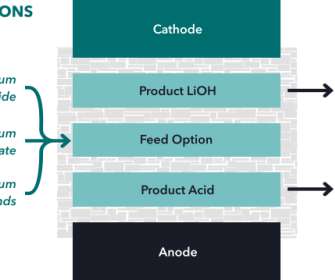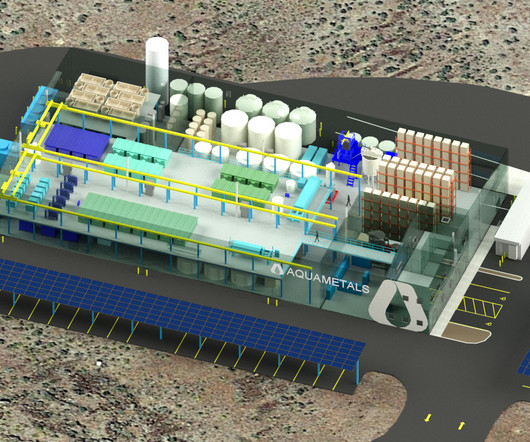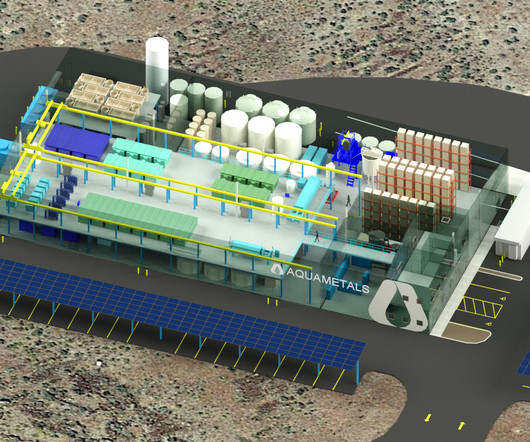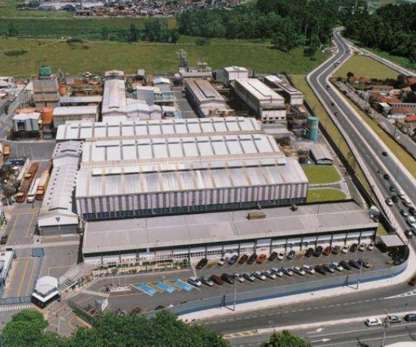ORNL-led team uses carbon material derived from tire waste to convert used cooking oil to biofuel
Green Car Congress
AUGUST 21, 2017
The study, done with collaborators Wake Forest University and Georgia Institute of Technology and detailed in Chemistry Select , provides a pathway for inexpensive, environmentally benign and high value-added waste tire-derived products—a step toward large-scale biofuel production, according to ORNL co-author Parans Paranthaman.



















Let's personalize your content